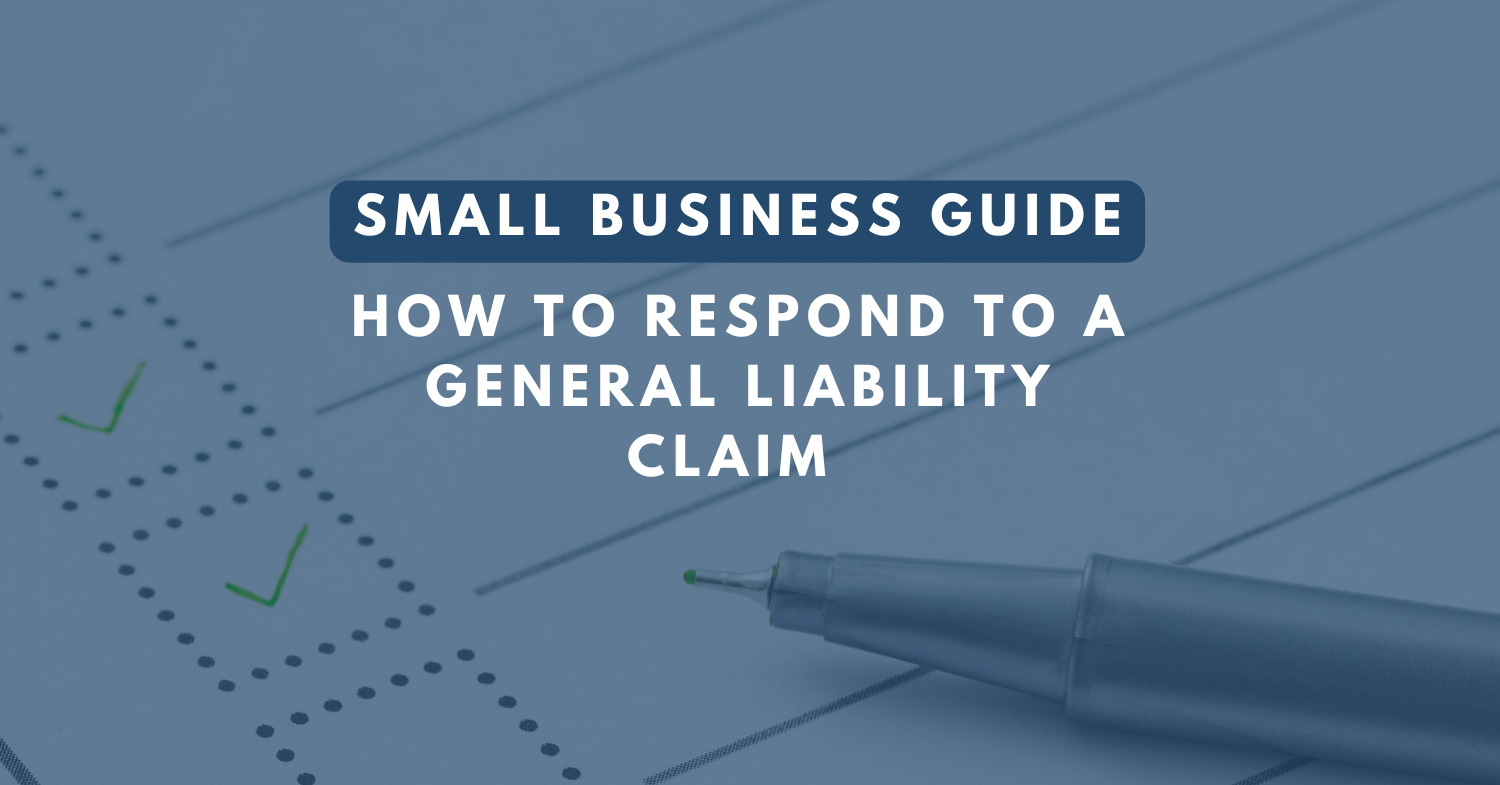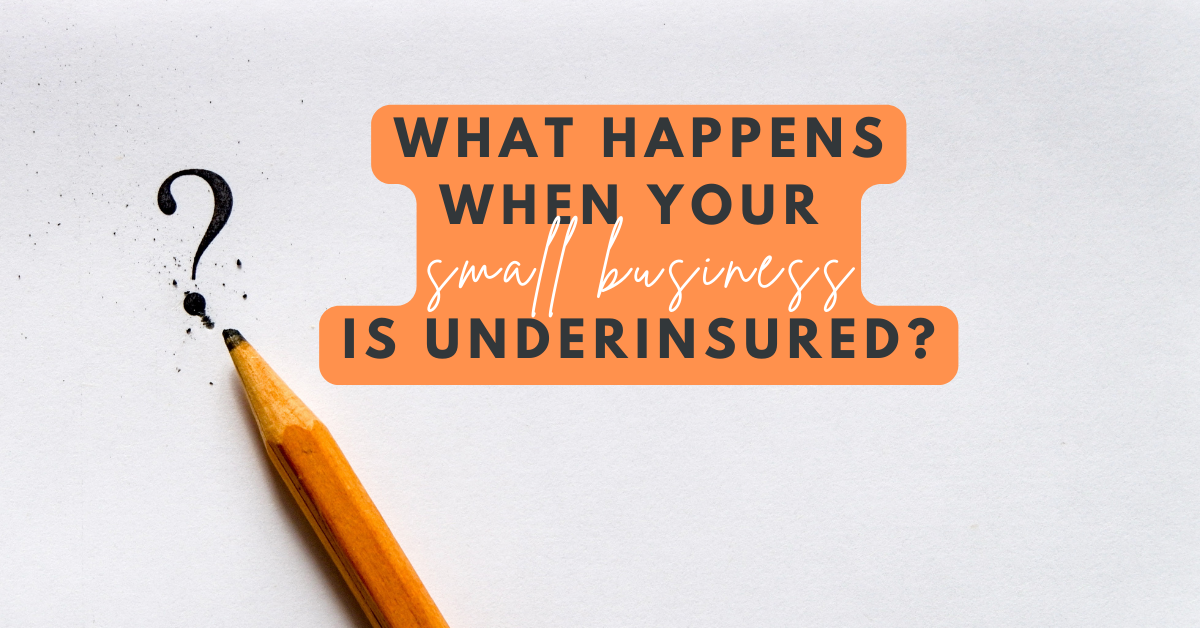Construction Budgets & Insurance: A Contractor’s Guide to Getting Covered
See How We're Different
or call us: (858) 384‑1506
Budgets are crucial in ensuring a project stays on track financially. Yet, despite their deep industry experience, many contractors may not be entirely familiar with how construction budgets work, especially when securing insurance policies like builder’s risk insurance. Whether you’re a seasoned professional or new to the industry, understanding construction budgets can help streamline insurance underwriting and set your projects up for success.
What Is a Construction Budget?
A construction budget is a detailed financial plan outlining the estimated costs of a building project. It includes everything from labor and materials to permits and contingency funds. Lenders, investors, and insurers often require a well-prepared budget before approving financing or underwriting insurance policies.
Why Are Construction Budgets Important?
- Insurance Underwriting – Insurers use construction budgets to assess risk and determine coverage amounts for project-specific policies, such as builder’s risk insurance.
- Project Planning – A well-structured budget helps prevent cost overruns and ensures financial feasibility.
- Client and Lender Confidence – Demonstrating a thorough budget reassures stakeholders that the project is well-planned and managed.
- Compliance & Legal Requirements – Many jurisdictions require budgets as part of permitting and regulatory processes.
Key Components of a Construction Budget
A comprehensive construction budget typically includes the following elements:
1. Hard Costs
These are the tangible, physical costs associated with the construction project.
- Materials (lumber, concrete, steel, etc.)
- Labor (wages, benefits, subcontractor fees)
- Equipment (rental or purchase of machinery)
- Site Work (excavation, grading, foundation, framing)
2. Soft Costs
These indirect costs support the project but do not involve physical construction.
- Architectural and Engineering Fees
- Permit and Inspection Fees
- Legal and Administrative Costs
- Insurance (Builder’s Risk, General Liability, Workers’ Compensation)
3. Contingency Fund
Unforeseen circumstances can arise, from material price increases to unexpected site conditions. A contingency fund, typically 5-10% of the total budget, provides a financial buffer.
4. Financing Costs
- Loan origination fees
- Interest payments
- Bonding costs (if applicable)
5. Overhead & Profit
To ensure financial sustainability, contractors must factor in their overhead expenses (office rent, utilities, administrative costs) and profit margins.
Example of a Simple Construction Budget
Below is an example of a basic construction budget for a residential project:
| Category | Estimated Cost |
|---|---|
| Site Preparation | $25,000 |
| Foundation | $50,000 |
| Framing | $80,000 |
| Electrical & Plumbing | $60,000 |
| HVAC | $30,000 |
| Interior Finishes | $70,000 |
| Permits & Fees | $15,000 |
| Insurance & Legal | $10,000 |
| Contingency (10%) | $34,000 |
| Total Estimated Cost | $374,000 |
How This Helps with Insurance Coverage
Underwriters use construction budgets to determine the total insured value (TIV) when applying for builder’s risk insurance. The TIV is based on the project’s total cost, excluding land value. Submitting a clear and detailed budget helps insurers accurately assess coverage needs, minimizing delays and ensuring adequate protection.
Final Thoughts
A solid grasp of construction budgets is essential for securing insurance, maintaining financial control, and ensuring project success. If you need assistance with builder’s risk insurance or project-specific policies, our team is here to help.
Reach out today
to learn how we can support your construction projects with tailored coverage solutions!







